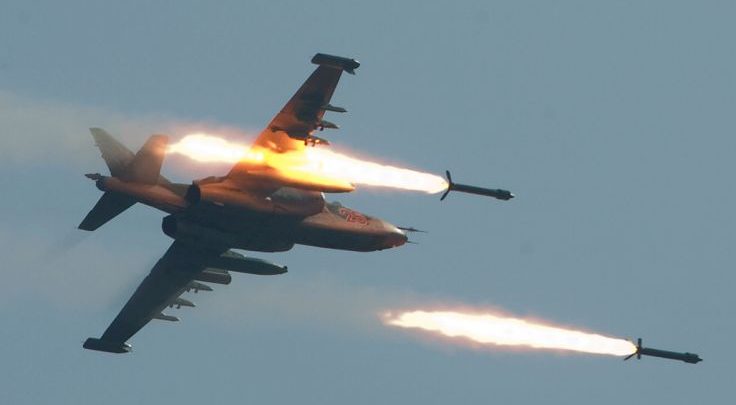Nigeria Imposes New Flight Safety Regulation: Mobile Phones to be Switched Off
In an effort to boost safety and minimize distractions during flights, Nigeria’s Civil Aviation Authority (NCAA) has issued a new directive requiring all passengers to switch off their mobile phones during critical stages of flight takeoff and landing.
According to NCAA Director General Chris Najomo, who announced the new policy at a recent press conference in Abuja, the move is aimed at preventing confusion and ambiguity that may arise due to varying airline rules. This comes in the wake of a recent high-profile brawl between a passenger, Comfort Emmanson, and an Ibom Air flight attendant, which sparked widespread debate in Nigeria.
“The decision to switch off mobile phones and other portable electronic devices during the critical stages of flight will ensure safe flight operations and minimize potential distractions,” Najomo stated. “There is no room for ambiguity; the rule is clear: switch off all mobile phones during critical stages of flight.”
To ensure seamless implementation, Nigerian air operators are required to update their operational manuals to reflect this new policy and obtain approval from the NCAA. Crew members are also tasked with communicating this requirement to passengers and ensuring they comply.
“Nigerian air operators must amend their operators’ manuals to reflect this requirement and submit them to the NCAA for approval,” Najomo emphasized. “Furthermore, the responsibility to communicate and enforce this policy lies with both the crew and passengers.”
While some travelers may bemoan the inconvenience of having to switch off their devices, industry experts argue that this new policy is a necessary safety precaution. The NCAA has vowed to review this requirement periodically to ensure that it is keeping pace with evolving aircraft technology.
As air travel continues to surge globally, passenger safety is, and should be, a top priority for airlines and regulatory agencies alike. Nigeria’s efforts to streamline its in-flight safety protocols underscore its commitment to joining the ranks of the world’s safest aviation systems.
As international air travel becomes increasingly interconnected, coordinating international safety regulations and protocols to ensure uniformity and compliance is critical. Thus, airline operators and travelers must adapt to these evolving regulatory requirements to prioritize safety, convenience, and efficiency.
While it may take time for travelers to adjust to Nigeria’s new mobile phone regulations, its benefits are anticipated to make air travel within the country’s airspace safer and less subject to disruptions stemming from passenger-cell phone interaction.

![afcon 2025 morocco nigeria egypt football celebration Nigeria take bronze as Morocco and Senegal set up AFCON final [Football Now]](https://mediatalkafrica.com/wp-content/uploads/2026/01/AFCON-2025-Morocco-Nigeria-Egypt-Football-Celebration.jpg)

